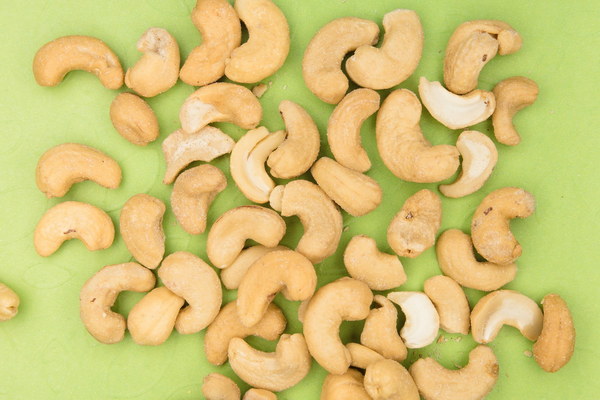The Benefits of Traditional Chinese Herbs for Kidney Deficiency Are They Effective
Introduction:
Kidney deficiency, a concept deeply rooted in traditional Chinese medicine (TCM), is believed to be responsible for a range of health issues. Many individuals turn to natural remedies, including certain Chinese herbs, to address kidney deficiency and its associated symptoms. But are these herbal remedies truly beneficial? In this article, we explore the potential benefits of traditional Chinese herbs for kidney deficiency and their effectiveness.

1. Understanding Kidney Deficiency in TCM
In TCM, kidney deficiency is considered a fundamental imbalance in the body's energy, or Qi. It is believed to manifest in various ways, including fatigue, weakness, lack of libido, infertility, and even memory loss. While modern medicine may not fully recognize kidney deficiency as a specific condition, many people find relief through TCM practices.
2. Common Chinese Herbs for Kidney Deficiency
There are several Chinese herbs that are commonly used to address kidney deficiency. Some of the most popular include:
- Goji Berries (Lycium barbarum): Known for their high vitamin and mineral content, goji berries are believed to enhance kidney function and boost overall vitality.
- He Shou Wu (Polygonum multiflorum): This herb is often used to nourish the kidneys, improve hair health, and increase longevity.
- Epimedium (Horny Goat Weed) (Epimedium sagittatum): Used to enhance libido and improve sexual function, epimedium is also believed to support kidney health.
- Cuscuta (Cuscuta chinensis): Cuscuta is thought to tonify the kidneys and improve fertility.
- Rehmannia (Rehmannia glutinosa): This herb is used to nourish the kidneys and blood, and is often combined with other herbs for kidney deficiency.
3. The Benefits of Chinese Herbs for Kidney Deficiency
While scientific evidence supporting the benefits of Chinese herbs for kidney deficiency is limited, there are several reasons why these natural remedies may be beneficial:
- Natural Ingredients: Chinese herbs are derived from plants, which are generally considered safer than synthetic medications.
- Holistic Approach: TCM treatments aim to address the root cause of a condition, rather than just the symptoms. This holistic approach may be more effective in restoring balance to the body.
- Nutritional Value: Many Chinese herbs are rich in vitamins, minerals, and antioxidants, which can contribute to overall health and well-being.
- Symptom Relief: Individuals who have used these herbs often report improvements in symptoms such as fatigue, weakness, and decreased libido.
4. The Role of Science in Validating TCM Herbs
While the effectiveness of Chinese herbs for kidney deficiency remains a topic of debate, some studies have been conducted to explore their potential benefits. For example:
- A study published in the Journal of Ethnopharmacology found that He Shou Wu exhibited anti-aging properties, which could be beneficial for individuals with kidney deficiency.
- Another study published in the Chinese Journal of Integrated Medicine suggested that epimedium might have a positive effect on sexual function in men with kidney deficiency.
Conclusion:
While more research is needed to fully understand the benefits of Chinese herbs for kidney deficiency, the traditional use of these natural remedies suggests that they may offer some relief for individuals experiencing related symptoms. It is important to consult with a qualified TCM practitioner before starting any herbal treatment, as they can provide personalized advice and monitor the effects of the herbs. As with any health-related decision, it is best to approach the use of Chinese herbs with an open mind and a willingness to explore alternative treatment options.









